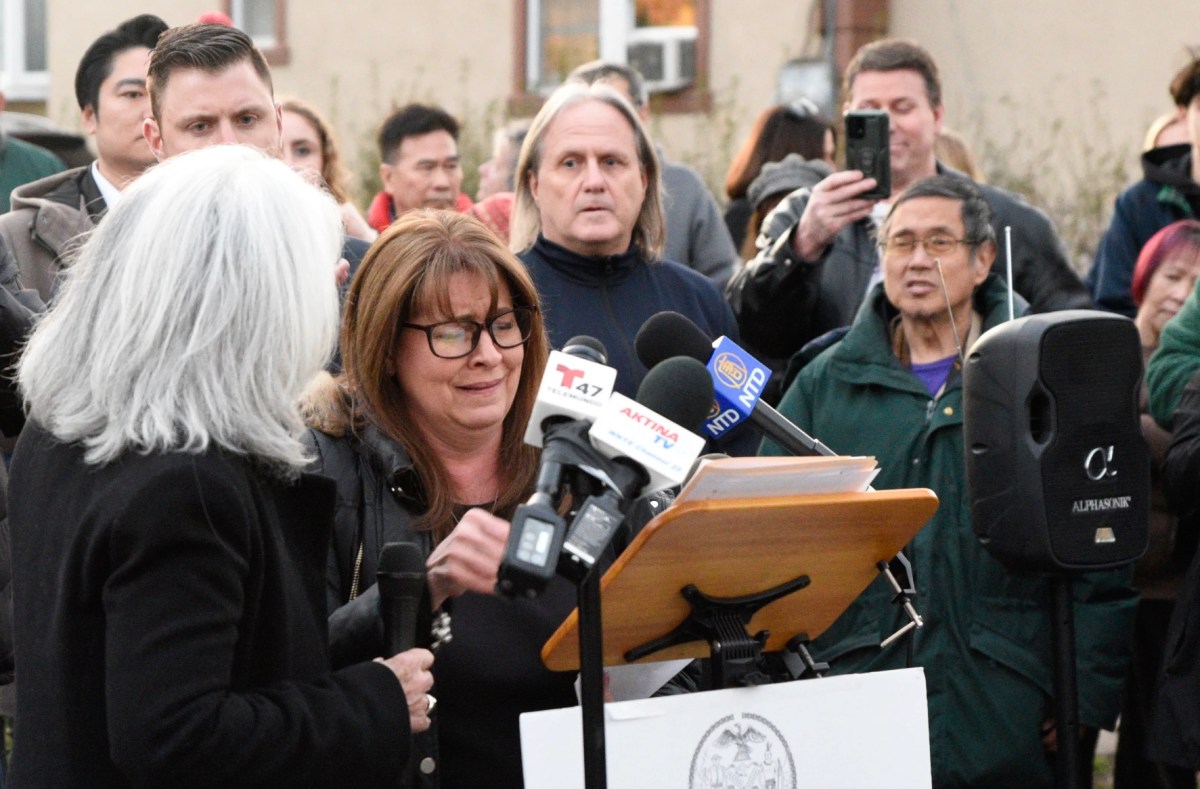Updating your status, “liking” your friends’ photos and sharing videos don’t really seem like activities that are all that academic.
Time spent social networking can certainly distract from studies. However, a new study shows that spending time on Facebook might not be the culprit for suffering grades — but that depends on what exactly you’re doing on Facebook.
The study, called Too Much Face and Not Enough Books: The Relationship Between Multiple Indices of Facebook Use and Academic Performance, looked at the social networking habits of 1,839 undergraduate students.
On average, participants spent about 106 minutes per day on Facebook and logged on about six different times.
This study looked specifically at what exactly students were doing on Facebook. The three most popular activities were viewing photos, commenting on content and checking to see what someone is up to.
Reynol Junco, a professor at Lockhaven University and the study’s author, found that while some activities on Facebook may negatively impact grades, others have the opposite effect.
Sharing links and checking to see what friends are up to are positively related to grades, while posting status updates is negatively related.
Furthermore, using Facebook chat is negatively related to time spent studying. It seems that using Facebook for activities that involve collecting and sharing information (checking to see what friends are up to and sharing links, respectively) is more positively predictive of outcomes than using Facebook for socializing (status updates and chatting).
In other words, Facebook can be as much of an intellectual tool as it is a means for keeping in touch. Junco suggests professors seize the opportunity to engage students academically through Facebook by using it to communicate about course content, create groups for classes and share news links with students.
“By identifying and exploring the relationship between individual Facebook activities and student learning behaviours, educators might transform activities currently related to poorer outcomes into beneficial academic experiences,” Junco wrote.
















